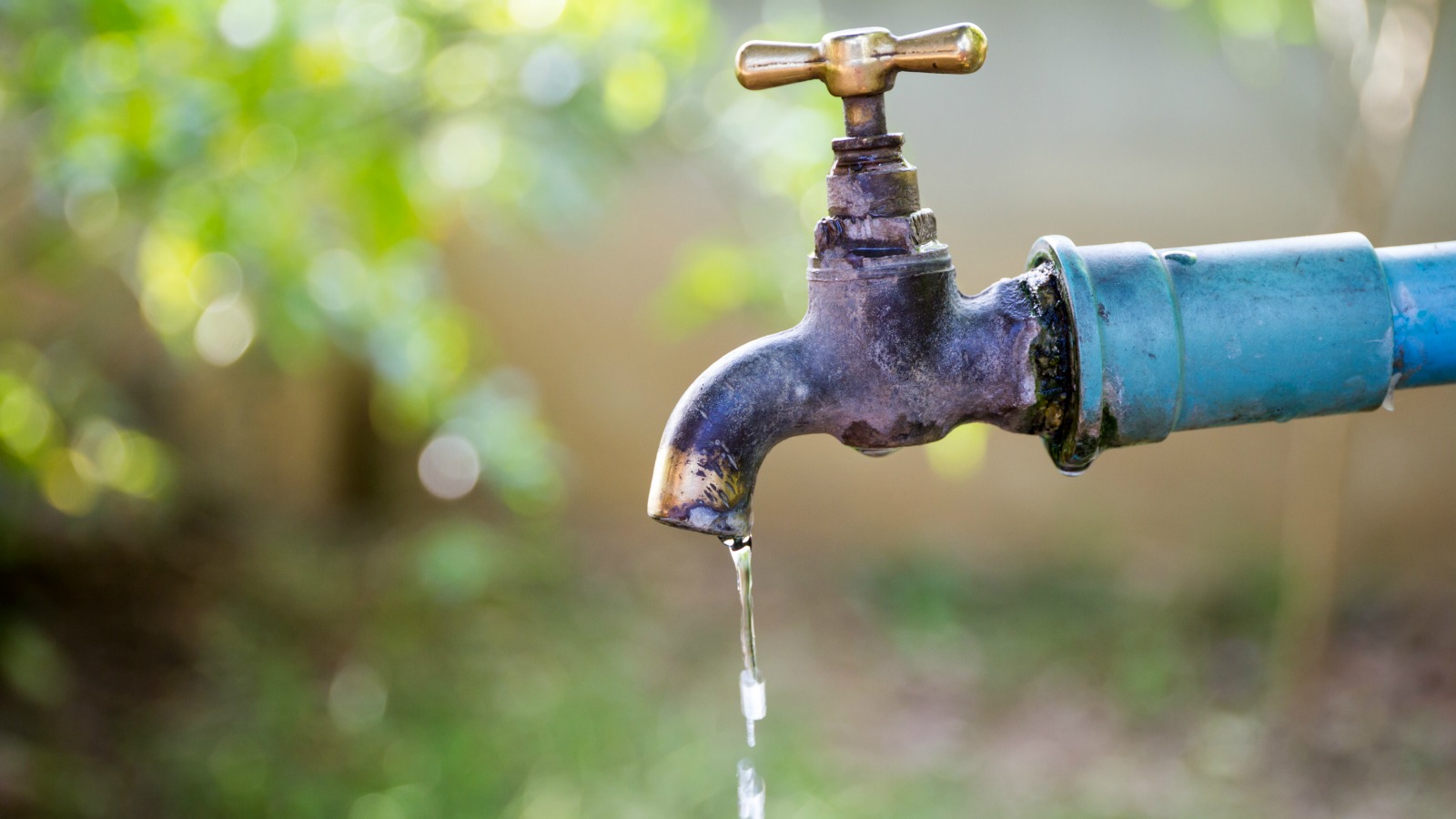Dear Umbra,
We are doing a NW Earth Institute discussion course on sustainability here at work, and someone asked, “Is it necessary for us to conserve water here in Portland despite seeming abundance and replenishment? If so, why?” My response was not as strong or compelling as I would like. Can you help?
Rick Reber
Portland, Ore.
Dearest Rick,
What was your response? It’s hard to be more compelling if I don’t know the compellingness standard. I will still make an effort, despite having incomplete information, because I know it is important to be compelling. Likewise, it is important to try to conserve water, even if we do not yet see the need in our immediate surroundings.
We need to live now as if the future has already happened: reduce our carbon emissions, conserve land and water, build our local economies and governmental capacity for the eventuality of changed resources. Perhaps if we transform our lives in response to what we know about the future, the future will go in a more positive direction.
The wide range of climates in our country leaves some of us with a dire need to change our water habits instantly (hello, Las Vegas), and some of us wondering when it will ever stop raining. However, two things are happening that will affect all our global watery lives: climate change and population increases. Here in North America, we have 7 percent of the world’s population and 15 percent of the world’s fresh water, but we are doing a great job wasting this bounty; within the next 10 years, water shortages are expected in 36 U.S. states.
Maybe the quickest, shallowest answer to folks who are unsure about water conservation but do understand that energy consumption is important to the planet and our future is this: water conservation often simultaneously conserves fossil fuels. Some of the easiest places to conserve at home are in laundry, dishes, and personal hygiene, which together make up about 50 to 60 percent of your indoor water use (toilets and leaks accounting for the remainder). Efficient fixtures and appliances can bring down indoor water use by as much as 35 percent. Outdoor watering, about a third of our total use, is ripe for improvements too: 50 percent of irrigation water is estimated to go to waste. As we bring down our water use in these areas, expenses and impacts are reduced on both the water bill and heating bill.
Unless you have a well or live off the grid, getting water requires a complex infrastructure of purification, storage, and delivery. The water also must come from somewhere to be stored and delivered. If we conserve, we ease the burden on all these aspects of water “production”: upstream and downstream ecologies, the resources used by purification plants, and the impacts of infrastructure improvements and expansions based on predictions of use. If a local population expands, a system’s capacity must expand. This has environmental and financial costs — where will the water come from, who and what will suffer from having water and habitat removed, how much concrete must be poured, etc. Simple conservation can greatly reduce the need for these expansions.
Regional population growth also has an impact in the United States, and I don’t think it’s at all far-fetched to say that global growth will eventually result in a global water market. For example, Grist is in a region where water is fairly plentiful, nestled against the arid West. At the rate the Southwest has drained major rivers, I imagine we will soon be in a position to sell our water to those who never looked too far to the future in their development. Of course, we all are implicated in a situation where our food is grown in deserts and we like to vacation in those same deserts — this is a silly way to live, but that has not yet stopped us. We’re going to pay.
Oh, I haven’t even touched climate change. Our weather is transforming, and in almost every case this looks to result in precipitation changes with serious implications for water availability. We’re looking at more droughts, more heavy rain, or heavier snow melt, sometimes at odd times of the year, for which our current storage systems may not be prepared.
Water conservation, and the water crisis upon us, is a huge topic for which Ask Umbra is too small a vessel. This didn’t stop me from putting in my oar, of course, and I welcome more discussions of the topic. In closing, let me point out one more consumer-oriented motivation: In developed areas, water conservation will often require new or changed technology — from low-flow faucets to larger, more techie solutions for industry, utilities, and landscape design. U.S. consumers play a role in supporting, testing, and adopting such technologies for the home and workplace. So even though it may not seem too necessary in our neighborhood, personal water conservation serves many purposes, and should be part of our general plan for reducing our footprint.
Aqueously,
Umbra


